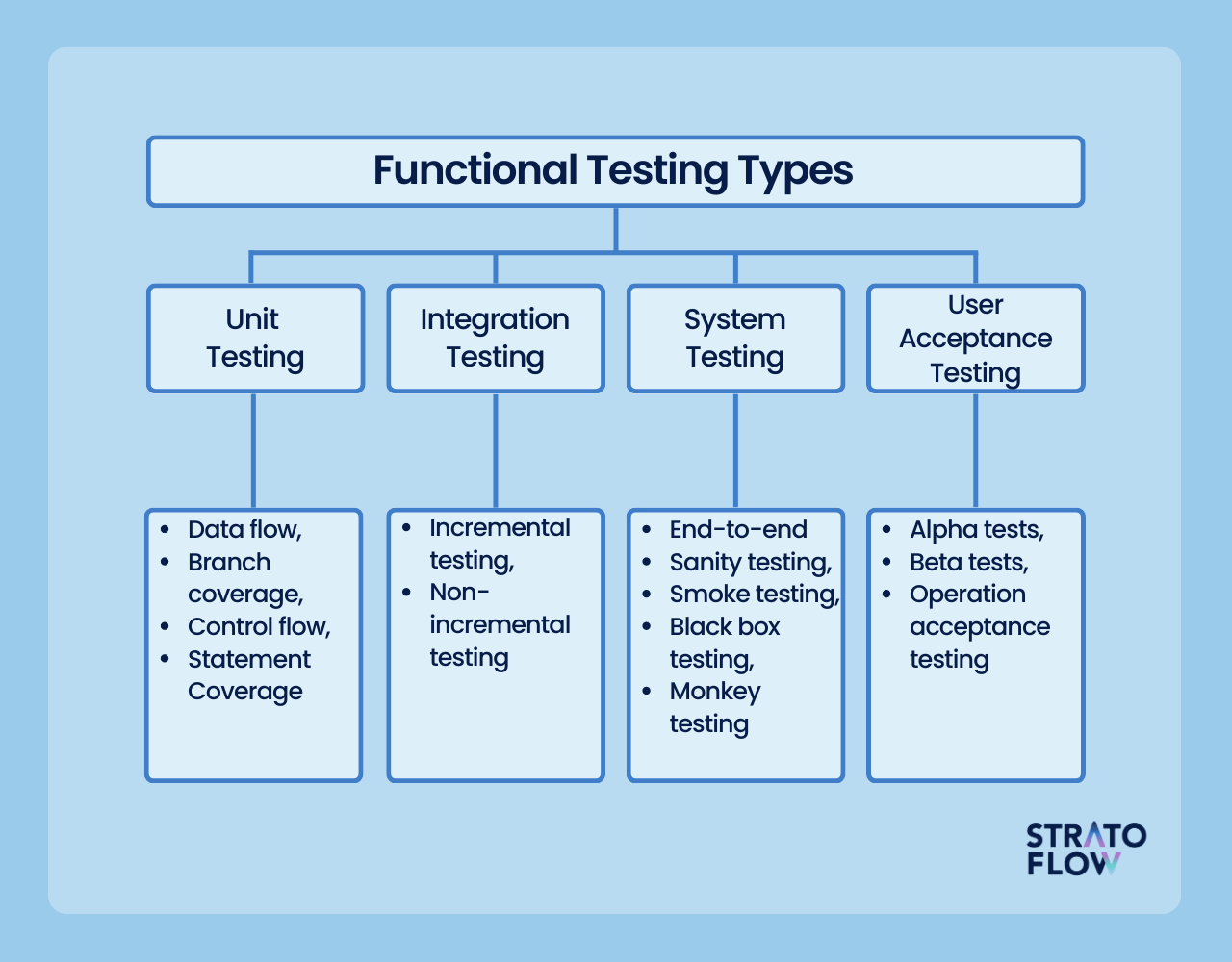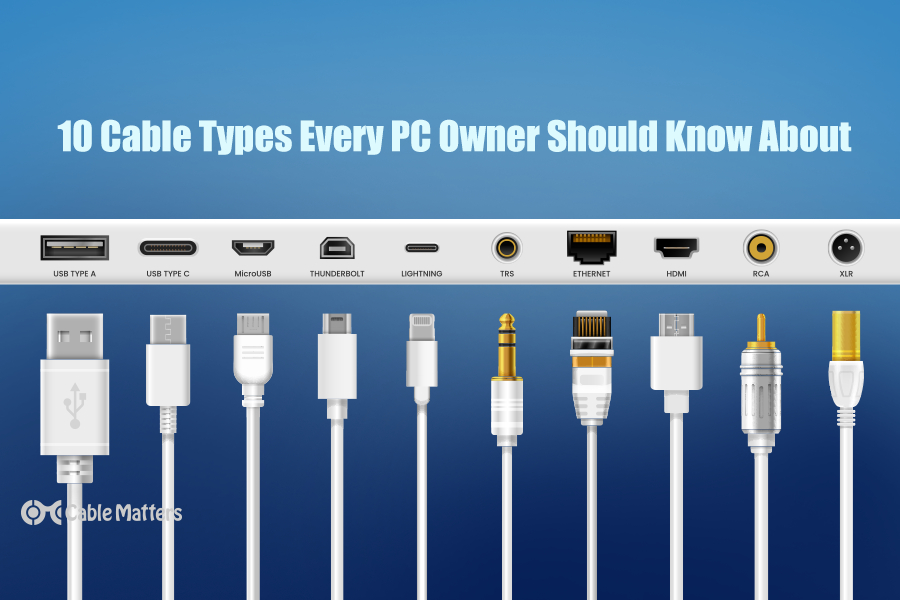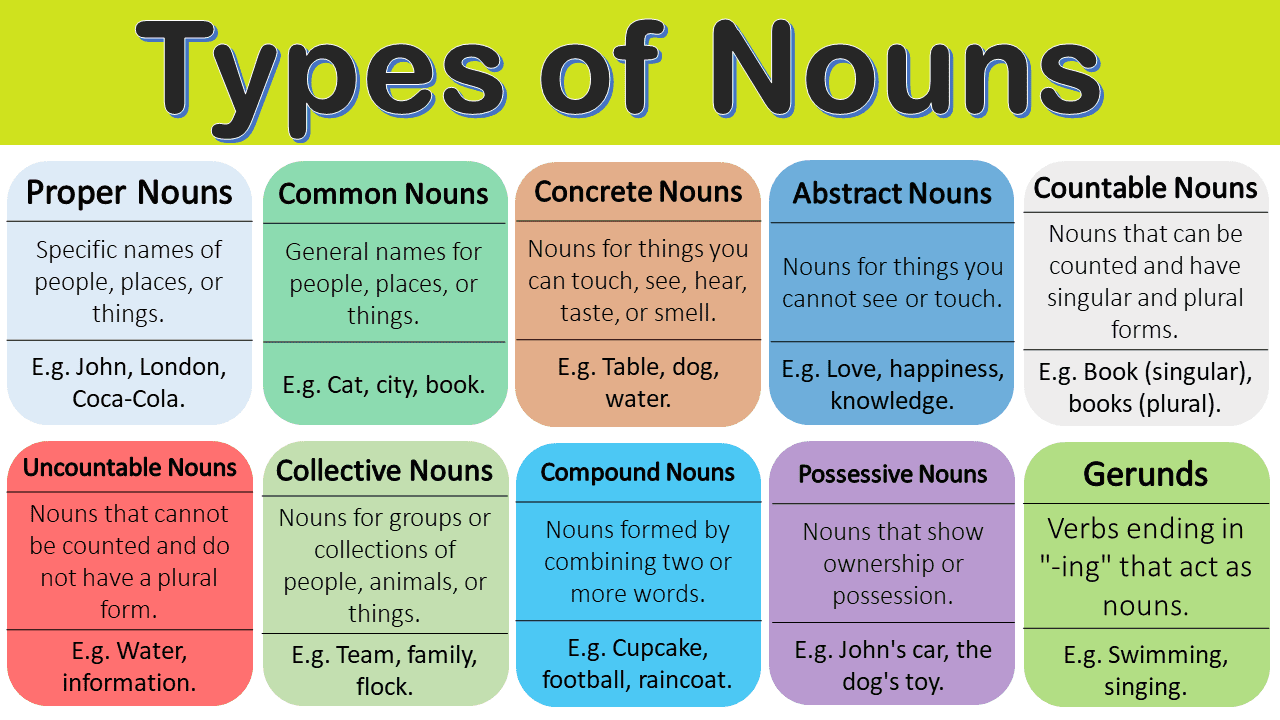Types Of U-Haul Trailers: Your Comprehensive Guide to Choosing the Right Haul cars.truckstrend.com
Moving, decluttering, or transporting large items can often feel like a monumental task. Fortunately, services like U-Haul have revolutionized the DIY moving and hauling industry, making it accessible and affordable for millions. At the heart of U-Haul’s extensive fleet are its diverse range of trailers, each designed to meet specific needs, from transporting a single piece of furniture to moving an entire household across the country, or even relocating a vehicle.
Understanding the different types of U-Haul trailers available is the first crucial step in ensuring a smooth, safe, and cost-effective hauling experience. Choosing the wrong trailer can lead to inefficiency, damage, or even dangerous towing conditions. This comprehensive guide will delve into the various types of U-Haul trailers, their features, ideal uses, and essential considerations to help you confidently select the perfect solution for your next hauling adventure.
Types Of U-Haul Trailers: Your Comprehensive Guide to Choosing the Right Haul
The U-Haul Trailer Advantage: Versatility and Accessibility
U-Haul trailers offer unparalleled flexibility for those who prefer to tow their belongings rather than drive a truck. They are a popular choice due to their affordability, widespread availability, and the ability to be towed by a wide range of personal vehicles (provided the vehicle meets the towing capacity requirements). From enclosed cargo trailers offering weather protection to open utility trailers for oversized loads and specialized car haulers, U-Haul provides a tailored solution for nearly every towing need.
Let’s explore the main categories of U-Haul trailers:
1. Enclosed Cargo Trailers: Your Secure, Weather-Proof Solution
U-Haul’s enclosed cargo trailers are the workhorses of the moving world, designed to protect your belongings from the elements and provide security during transit. These trailers are ideal for household goods, furniture, boxes, and anything that needs to stay dry and secure.
Available Sizes and Key Features:
- 4′ x 8′ Cargo Trailer:

- Ideal For: Small moves, dorm room items, extra storage for a trip, or transporting a few pieces of furniture.
- Capacity: Approximately 160 cu. ft. (up to 1,600 lbs payload).
- Features: Lightweight, easy to maneuver, low deck for easy loading, spring suspension for a smooth ride.
- 5′ x 8′ Cargo Trailer:
- Ideal For: Studio or small one-bedroom apartments, multiple pieces of furniture, appliances, or extended road trips.
- Capacity: Approximately 256 cu. ft. (up to 1,800 lbs payload).
- Features: Slightly larger capacity, similar ease of towing and loading.

- 5′ x 10′ Cargo Trailer:
- Ideal For: One to two-bedroom apartments, moving a larger quantity of household items, or transporting medium-sized equipment.
- Capacity: Approximately 390 cu. ft. (up to 1,550 lbs payload).
- Features: More spacious, often equipped with a low deck and stable suspension.
- 6′ x 12′ Cargo Trailer:
- Ideal For: Two to three-bedroom homes, larger furniture, appliances, or significant equipment hauling. This is the largest enclosed option.
- Capacity: Approximately 450 cu. ft. (up to 2,470 lbs payload).
- Features: Offers maximum enclosed space, typically has a low deck, and often features a loading ramp for heavier items.

Benefits of Enclosed Cargo Trailers:
- Protection: Shields contents from rain, snow, dust, and sun.
- Security: Lockable doors deter theft.
- Versatility: Suitable for a wide range of items, from delicate electronics to bulky furniture.
- Ease of Loading: Low decks on many models make loading easier, and some 6×12 trailers include ramps.
Important Considerations:
While these trailers offer protection, proper loading and securing of items are still crucial to prevent shifting and damage during transit. Always distribute weight evenly, with about 60% of the weight in the front half of the trailer.
2. Open Utility Trailers: For Bulky, Odd-Sized, or Heavy Loads
U-Haul’s open utility trailers are designed for items that are too large, oddly shaped, or dirty for an enclosed trailer. These are perfect for landscaping materials, construction debris, ATVs, motorcycles, or large appliances that can withstand exposure to the elements.
Available Sizes and Key Features:
- 4′ x 7′ Utility Trailer:
- Ideal For: Small landscaping projects, moving a few pieces of lumber, or light debris removal.
- Capacity: Up to 1,750 lbs payload.
- Features: Smallest open trailer, great for tight spaces, often without a ramp.
- 5′ x 8′ Utility Trailer:
- Ideal For: Small ATVs, motorcycles, lawn equipment, furniture, or a moderate amount of yard waste.
- Capacity: Up to 1,650 lbs payload.
- Features: Versatile for many home projects, often comes with a low deck and sometimes a rear ramp.
- 5′ x 9′ Utility Trailer with Ramp:
- Ideal For: Motorcycles, large ATVs, riding lawnmowers, appliances, or items requiring easy roll-on/roll-off access.
- Capacity: Up to 1,600 lbs payload.
- Features: The integrated ramp is its defining feature, making it incredibly convenient for wheeled items.
- 6′ x 12′ Utility Trailer with Ramp:
- Ideal For: Multiple motorcycles, larger ATVs, snowmobiles, construction materials, large appliances, or heavy equipment.
- Capacity: Up to 2,670 lbs payload.
- Features: Largest open trailer, heavy-duty construction, and a sturdy rear ramp for maximum versatility.
Benefits of Open Utility Trailers:
- Capacity for Oversized Items: No height or width restrictions (within reason and legal limits).
- Easy Loading/Unloading: Open design and available ramps simplify loading of heavy or wheeled items.
- Durability: Built to handle tougher loads like construction materials.
Important Considerations:
As these trailers are open, items must be properly secured with ropes, straps, or netting to prevent shifting or falling out during transit. Be mindful of weather conditions, as contents will be exposed.
3. Car Trailers: Safe Vehicle Transport
U-Haul offers two primary options for transporting vehicles: the Auto Transport and the Tow Dolly. Choosing between them depends on your vehicle type, towing vehicle, and the distance of your move.
-
U-Haul Auto Transport (Car Carrier):
- Ideal For: Transporting vehicles long distances, all-wheel-drive (AWD) vehicles, luxury cars, or vehicles that cannot be flat-towed. This trailer lifts all four wheels of the towed vehicle off the ground.
- Capacity: Can transport vehicles up to 5,290 lbs.
- Features: Heavy-duty construction, integrated ramps, tie-down straps for all four wheels, hydraulic surge brakes for added safety.
- Benefits: Offers maximum protection for the towed vehicle, reduces wear and tear on its tires and drivetrain, safer for long hauls.
- Considerations: Requires a robust towing vehicle with significant towing capacity.
-
U-Haul Tow Dolly:
- Ideal For: Transporting front-wheel-drive (FWD) vehicles short to medium distances, or vehicles where the front wheels can be lifted off the ground (check your vehicle’s owner’s manual). The rear wheels of the towed vehicle remain on the ground.
- Capacity: Can transport vehicles up to 3,900 lbs.
- Features: Lighter and more compact than an auto transport, integrated ramps, safety chains, and tie-down straps for the front wheels.
- Benefits: More economical and requires less towing capacity from your primary vehicle compared to an auto transport.
- Considerations: Not suitable for AWD or 4WD vehicles unless the drivetrain can be disengaged. The towed vehicle accumulates mileage on its rear tires.
Practical Advice for Car Trailers:
Always consult your vehicle’s owner’s manual for flat-towing guidelines. Ensure your towing vehicle has the appropriate Gross Combined Weight Rating (GCWR) to handle both the trailer and the vehicle being towed.
How to Choose the Right U-Haul Trailer: Actionable Insights
-
Assess Your Load:
- Size & Dimensions: Measure the length, width, and height of your largest items.
- Weight: Estimate the total weight of everything you plan to haul. This is critical for safety and vehicle compatibility.
- Type of Items: Are they delicate? Need weather protection? Are they dirty or bulky?
- Wheeled Items: Do you need a ramp for ATVs, motorcycles, or lawnmowers?
-
Evaluate Your Towing Vehicle:
- Towing Capacity: Check your vehicle’s owner’s manual or look for a sticker on the driver’s side door jamb for its maximum towing capacity. Never exceed this limit.
- Hitch Class: Ensure your vehicle has a hitch receiver that matches the trailer’s tongue weight and overall weight. U-Haul requires a specific hitch ball size (usually 1-7/8" or 2").
- Wiring: Your vehicle needs a working 4-pin flat electrical connector for trailer lights. U-Haul offers wiring kits if needed.
- Transmission Cooler: Recommended for automatic transmissions, especially for heavy loads or long distances.
-
Consider Your Travel Distance and Route:
- Short Local Moves: A tow dolly or a smaller utility trailer might suffice.
- Long-Distance Moves: An enclosed cargo trailer or auto transport provides better protection and peace of mind.
- Terrain: Hilly or mountainous terrain will place more strain on your towing vehicle, requiring more capacity.
-
Budget:
- Trailer rental prices vary by type, size, duration, and availability. Compare costs to find the most economical option for your needs.
Important Considerations and Safety Tips
- Reservations: Always reserve your trailer in advance, especially during peak moving seasons (end of month, summer).
- Inspection: Before leaving the U-Haul lot, thoroughly inspect the trailer for any damage, and test the lights (running lights, turn signals, brake lights).
- Hitching: Ensure the trailer is securely hitched, the safety chains are crossed and attached, and the emergency breakaway cable (if present) is connected.
- Loading:
- Weight Distribution: Load heavier items first, positioned over the trailer’s axle. Aim for 60% of the weight in the front half of the trailer and 40% in the rear.
- Secure Contents: Use tie-downs, ropes, and moving blankets to prevent items from shifting or being damaged.
- Driving with a Trailer:
- Reduced Speed: Drive slower than usual. U-Haul recommends a maximum speed of 55 mph when towing.
- Increased Braking Distance: Allow much more room for stopping.
- Wider Turns: Account for the trailer’s length when making turns.
- Lane Changes: Check mirrors frequently and signal well in advance.
- Tire Pressure: Check trailer tire pressure before and during your trip.
- Insurance: U-Haul offers Safemove® and Safetow® coverage options to protect your belongings and the trailer. Consider purchasing them for peace of mind.
- Laws and Regulations: Be aware of specific state laws regarding trailer towing, speed limits, and maximum weights.
Price Table: U-Haul Trailer Rental Estimates (Daily)
Please Note: Prices are approximate daily rates and can vary significantly based on location, demand, availability, rental duration (local vs. one-way), and time of year. This table is for general estimation purposes only.
| Trailer Type | Common Sizes (L x W) | Capacity (Payload/Volume) | Typical Use Case | Approx. Daily Local Price Range* |
|---|---|---|---|---|
| Enclosed Cargo | 4′ x 8′ | 1,600 lbs / 160 cu. ft. | Small moves, boxes, few furniture items | $14.95 – $19.95 |
| 5′ x 8′ | 1,800 lbs / 256 cu. ft. | Studio/1-BR apts, appliances, more furniture | $19.95 – $24.95 | |
| 5′ x 10′ | 1,550 lbs / 390 cu. ft. | 1-2 BR apts, larger furniture, equipment | $24.95 – $29.95 | |
| 6′ x 12′ | 2,470 lbs / 450 cu. ft. | 2-3 BR homes, large appliances, significant items | $29.95 – $39.95 | |
| Open Utility | 4′ x 7′ | 1,750 lbs | Light debris, small landscaping, few large items | $14.95 – $19.95 |
| 5′ x 8′ | 1,650 lbs | ATVs, motorcycles, lawn equipment, furniture | $19.95 – $24.95 | |
| 5′ x 9′ (with ramp) | 1,600 lbs | Motorcycles, large ATVs, riding mowers, appliances | $24.95 – $29.95 | |
| 6′ x 12′ (with ramp) | 2,670 lbs | Multiple motorcycles, heavy equipment, large items | $29.95 – $39.95 | |
| Car Trailers | Tow Dolly | 3,900 lbs (vehicle) | FWD vehicles, short to medium distance | $49.95 – $69.95 |
| Auto Transport | 5,290 lbs (vehicle) | AWD/4WD, long distance, vehicle protection | $69.95 – $89.95 |
Frequently Asked Questions (FAQ)
Q1: Do I need a special driver’s license to tow a U-Haul trailer?
A1: In most U.S. states, a standard Class D driver’s license is sufficient for towing U-Haul trailers, as long as the Gross Combined Weight Rating (GCWR) of your vehicle and the loaded trailer does not exceed a certain limit (often 26,000 lbs). Always check your specific state’s DMV regulations.
Q2: Can my car tow a U-Haul trailer?
A2: It depends on your car’s towing capacity and hitch setup. U-Haul provides a comprehensive online tool where you can enter your vehicle’s make, model, and year to see which trailers it can safely tow. Always refer to your vehicle’s owner’s manual for its exact towing limits.
Q3: Do U-Haul trailers have brakes?
A3: Larger U-Haul trailers, particularly the Auto Transport (car carrier) and some larger enclosed/utility trailers, are equipped with hydraulic surge brakes. These brakes activate automatically when the towing vehicle slows down. Smaller trailers typically do not have independent braking systems.
Q4: What’s the difference between a Tow Dolly and an Auto Transport?
A4: A Tow Dolly lifts only the front wheels of the towed vehicle off the ground, leaving the rear wheels on the road. It’s suitable for most front-wheel-drive vehicles. An Auto Transport (car carrier) lifts all four wheels of the towed vehicle completely off the ground, making it ideal for all-wheel-drive vehicles, long distances, or if you want to avoid mileage accumulation on the towed vehicle.
Q5: What if I break down while towing a U-Haul trailer?
A5: U-Haul offers 24/7 roadside assistance. If you encounter a breakdown, you can contact their support line for help. It’s also recommended to have personal vehicle roadside assistance.
Q6: Can I rent a trailer one-way?
A6: Yes, U-Haul is famous for its one-way rental options, allowing you to pick up a trailer at one location and drop it off at another U-Haul dealer, which is ideal for long-distance moves. Local rentals are typically cheaper.
Q7: Is insurance required for U-Haul trailers?
A7: While not always legally required, U-Haul strongly recommends purchasing their Safemove® or Safetow® coverage. Your personal auto insurance may not cover rental trailers, or may have limited coverage. It’s best to check with your insurance provider.
Conclusion
U-Haul trailers offer an unparalleled blend of convenience, versatility, and affordability for anyone needing to transport goods or vehicles. By understanding the distinct types of trailers available – from the secure enclosed cargo options to the rugged open utility trailers and specialized car haulers – you empower yourself to make an informed decision. Remember to meticulously assess your load, verify your towing vehicle’s capabilities, and prioritize safety at every step. With the right U-Haul trailer, your next hauling project can be a seamless and successful endeavor, putting you in control of your move.




